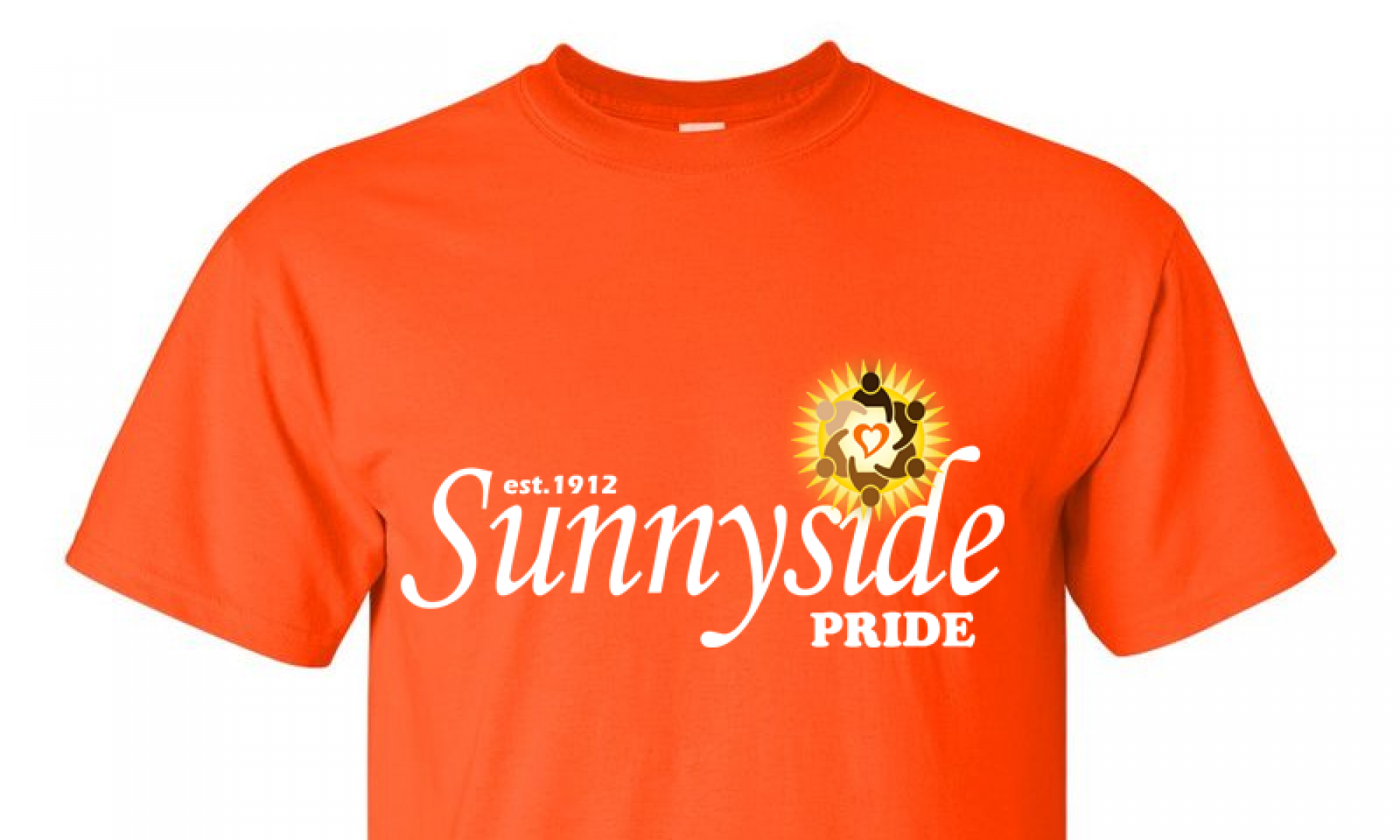If it’s important to celebrate every bit of progress toward true diversity in the fashion and beauty industries ― and it is ― it’s equally important to speak openly about the failures, too.
U.K.-based model Lilah Parsons recently shared images of two casting calls from 2011. Each e-mail noted that all hair types were welcome, with the exception of Afros.
Parsons tweeted that when she started modeling, “casting requests frequently contained comments like this.”
Seeing the restriction in print is jarring, especially considering Parsons was responding to a fellow model’s observation that the beauty industry has made huge strides in offering more makeup options for black women.
Leomie Anderson linked to a hopeful letter to her 15-year-old self she wrote for Elle UK, describing her teenage struggle to find makeup to match her skin tone both in stores and backstage at fashion shows. But she wrote her younger self could soon “look forward to a great explosion online for the black make-up community,” which would include seeing “other amazing black women give tutorials and advice on how they perfect their make-up; you will even see some of these faces in big campaigns, encouraging make-up diversity.”
Parsons seemed to question if the increase in market options came hand-in-hand with more industry acceptance of black beauty.
“I hope times have changed,” she tweeted at Anderson and Elle as she shared the casting calls. Anderson later retweeted her message.
Parson’s story is part of a broader conversation about the acceptance of natural hair. While 2011 might not feel that recent to some folks, it’s only been in the past few years that natural hair has been celebrated in the fashion and beauty mainstream. For example, it wasn’t until 2015 that a model wore her hair naturally on the Victoria’s Secret Fashion Show runway; the move was such a departure from the brand’s longtime tousled definition of “sexy” that it generated headlines.
Model Ebonee Davis, who speaks out regularly on the importance of self-love and inclusion, retweeted Parsons’ casting call tweet to demonstrate why she regularly talks about the need for more diversity in fashion.
“When people ask me why I’m so adamant about discussing race and inclusion in the fashion industry, specifically pertaining to hair, [this is why],” she wrote.
The e-mails also call to mind former model Bethann Hardison’s recent comments about industry discrimination. In an article for Allure about beauty and diversity, Hardison explained that as recently as 2007, models “were being told, ‘sorry no blacks, no ethnics’” at castings. Though barriers may not be expressed in print or said out loud as frequently anymore, it’s clear they exist: Labels Junya Watanabe, Undercover and Trussardi featured no models of color on their runways this past fashion week, according to TheFashionSpot’s biannual diversity report. Comme des Garcons featured just one.
It’s easy and hopeful to champion the beauty and fashion industries for their inclusive moments, but real change will more likely be prompted by the openness and willingness of industry insiders to talk about its issues.
type=type=RelatedArticlesblockTitle=Related… + articlesList=58d18703e4b0ec9d29e02458,58c9a5b5e4b0be71dcf12732,56d85130e4b0000de4037a78
— This feed and its contents are the property of The Huffington Post, and use is subject to our terms. It may be used for personal consumption, but may not be distributed on a website.
Source: HuffPost Black Voices
